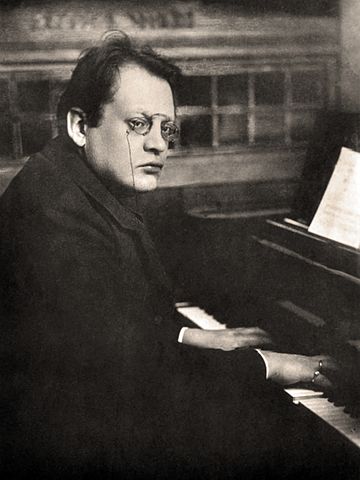Reger, Gloria in excelsis
 Many historians recognize Max Reger (1873-1916) as the most important German composer for organ after Bach. My familiarity with Reger’s music comes mostly from hearing them at organ recitals. I never really studied Reger or made a concerted effort to learn much of his music.
Many historians recognize Max Reger (1873-1916) as the most important German composer for organ after Bach. My familiarity with Reger’s music comes mostly from hearing them at organ recitals. I never really studied Reger or made a concerted effort to learn much of his music.
That seems to be the case with many people, although he left a prodigious body of music in virtually every genre except opera.
Reger’s music was widely performed in his lifetime. He also stayed constantly busy as a concert pianist and teacher. And while he did not exactly fall into obscurity after his death, his legacy has suffered from the difficulty of understanding his music as a whole and placing it in some meaningful context. It seems the body of music is too big and too varied.
His works were considered avant-garde in many ways and yet firmly grounded in tradition. He was a master of counterpoint in the mold of Bach and frequently based his music on Lutheran chorales. He was a fan but not really a follower of Wagner. He often wrote in a style very reminiscent of Brahms. You can also hear elements of Chopin and Mendelssohn in some of his music. During his lifetime he was criticized for being both too conservative and too avant-garde.
Despite the difficulty of categorizing Reger, his works for organ seem to have a well-established place in the repertoire. They can be highly complex and virtuosic, and that draws the attention of good organists.
Rather than introducing Reger to this series with one of his larger landmark works, I have chosen a work that is a bit shorter and more accessible. This Gloria comes from his Twelve Pieces for Organ, Op. 59, and will give you a taste of Reger’s chromaticism and gift for counterpoint, though not his extreme virtuosity. It begins and develops throughout with one of the chant tunes for the Gloria.



